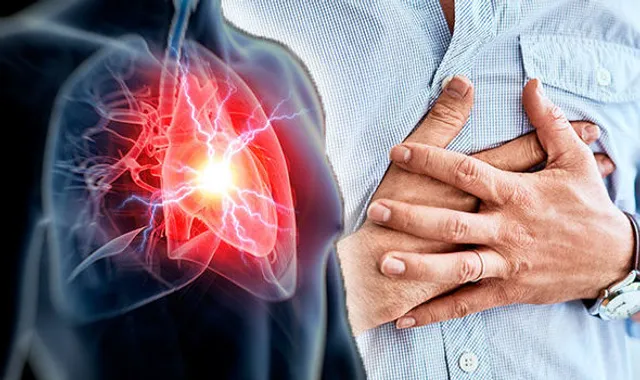As temperatures drop across the country, cases of heart attacks and heart failure are witnessing a noticeable rise, says Dr. Tarun Sahni, a general physician and internal medicine specialist at Apollo Hospital, Delhi.
Cold Weather and Cardiovascular Health
Dr. Sahni explained that colder temperatures lead to contraction of blood vessels in the extremities, which increases blood pressure and forces the heart to pump harder through narrower pathways. This heightened strain significantly raises the risk of heart attacks, heart failure, and strokes during the winter season.
“In winter, the main change that takes place in the body is that the blood vessels in the periphery contract due to the cold. This contraction raises blood pressure, which can break vulnerable areas in the brain and lead to strokes. Similarly, the heart works harder to pump blood, increasing the risk of heart attacks and heart failure,” Dr. Sahni stated.
Precautions for Lung and Heart Patients
Dr. Sahni emphasized the importance of caution for individuals with lung diseases and other pre-existing health conditions. He advised venturing outdoors during daylight hours, when sunlight is present and pollution levels are relatively lower.
“We advise all patients with lung diseases to step out during the day when the sun is out, and pollution levels are slightly lower. Exercise should also be done during this time. Otherwise, precautions should be taken to avoid exposure to cold and pollution,” he noted.
Rising Health Concerns Amid Plunging Temperatures
As the New Year begins, the national capital has been experiencing record-low temperatures, exacerbating health risks for vulnerable populations. Dr. Sahni’s recommendations aim to mitigate the risks associated with winter, particularly for those with compromised cardiovascular and respiratory systems.


